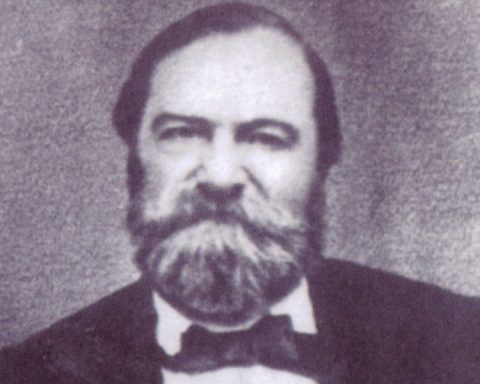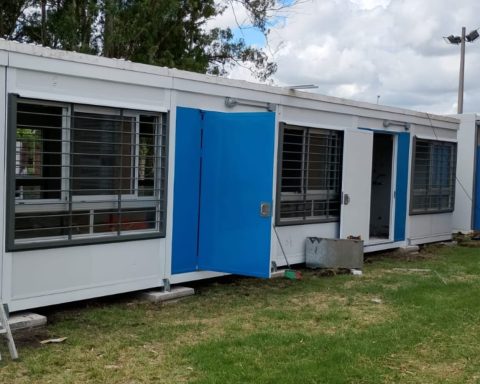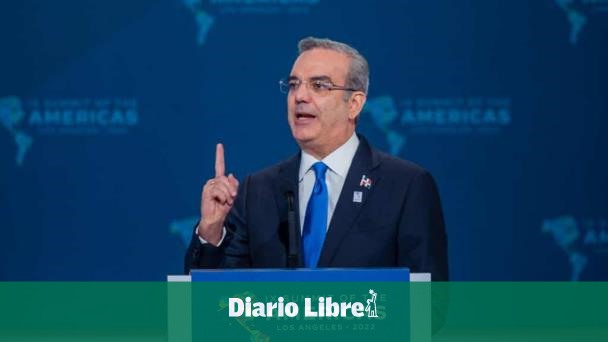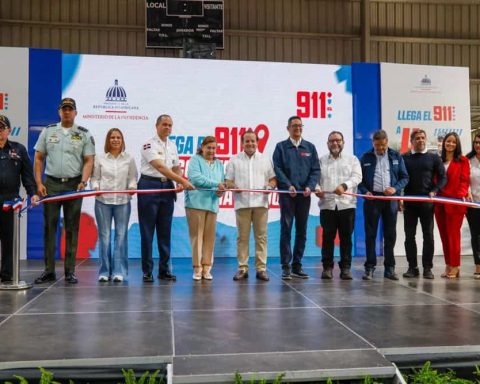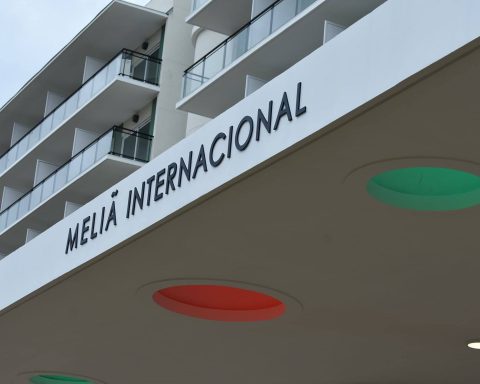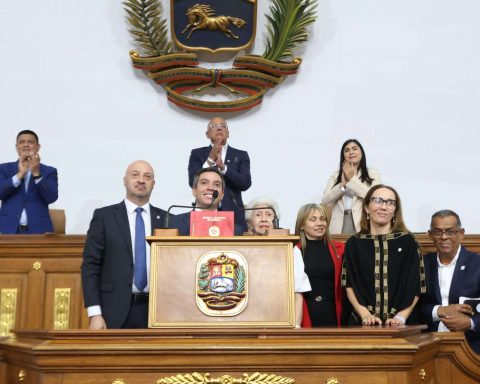
A few days ago, the Foreign Ministers of Uruguay, Francisco Bustillo, and Brazil, Carlos França, respectively, held an official meeting in the city of Los Angeles.
After the meeting, they issued a statement expressing their agreement that “the current level of the MERCOSUR Common External Tariff, even taking into account the exceptions to it, does not reflect the current needs of the bloc and that a reduction in it will contribute to increase the levels of competitiveness and productivity of their economies.
In this sense, Uruguay indicated its support for the proposal for “horizontal reduction of the Common External Tariff under discussion in MERCOSUR”.
Both foreign ministers also agreed on the need to “modernize the regional bloc and the centrality of its external agenda, which in order to acquire greater dynamism must have, among others, flexible formats and mechanisms that respond to the specificities of different situations. and attend to the interests and sensitivities of each of the four partners”.
Likewise, Uruguay reported on the developments in the field of its external agenda, in particular those that it has been maintaining with countries outside the zone with the aim of “strengthening and improving the international insertion of the country.”
For its part, Brazil indicated its willingness to “give priority to the treatment of negotiating flexibilities in the MERCOSUR sphere”, and reiterated the importance it attributes to the intensification and diversification of the bloc’s external relations agenda.
Both countries reaffirmed the importance of “expanding their bilateral trade agreements in order to expand trade flows and provide predictability and legal certainty.”
In this sense, they agreed on the conditions for the “preferential access of goods produced in free zones and special customs areas located in Uruguay and Brazil.”
a very good sign
For his part, President Lacalle said this Saturday, June 11, that the agreement between Brazil and Uruguay “is a very good thing,” and highlighted “the great work of the Ministries of Foreign Affairs and Economy.”
The president told the press that the agreement will enter into force “in a short time.”
In the same sense, exporters and industrialists described the agreement as a “good sign”.

